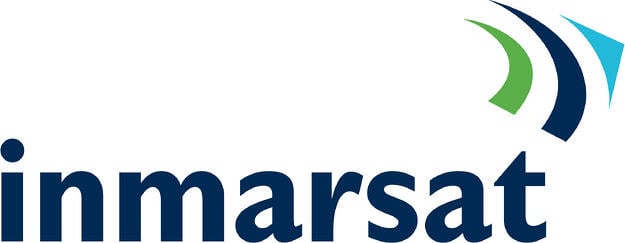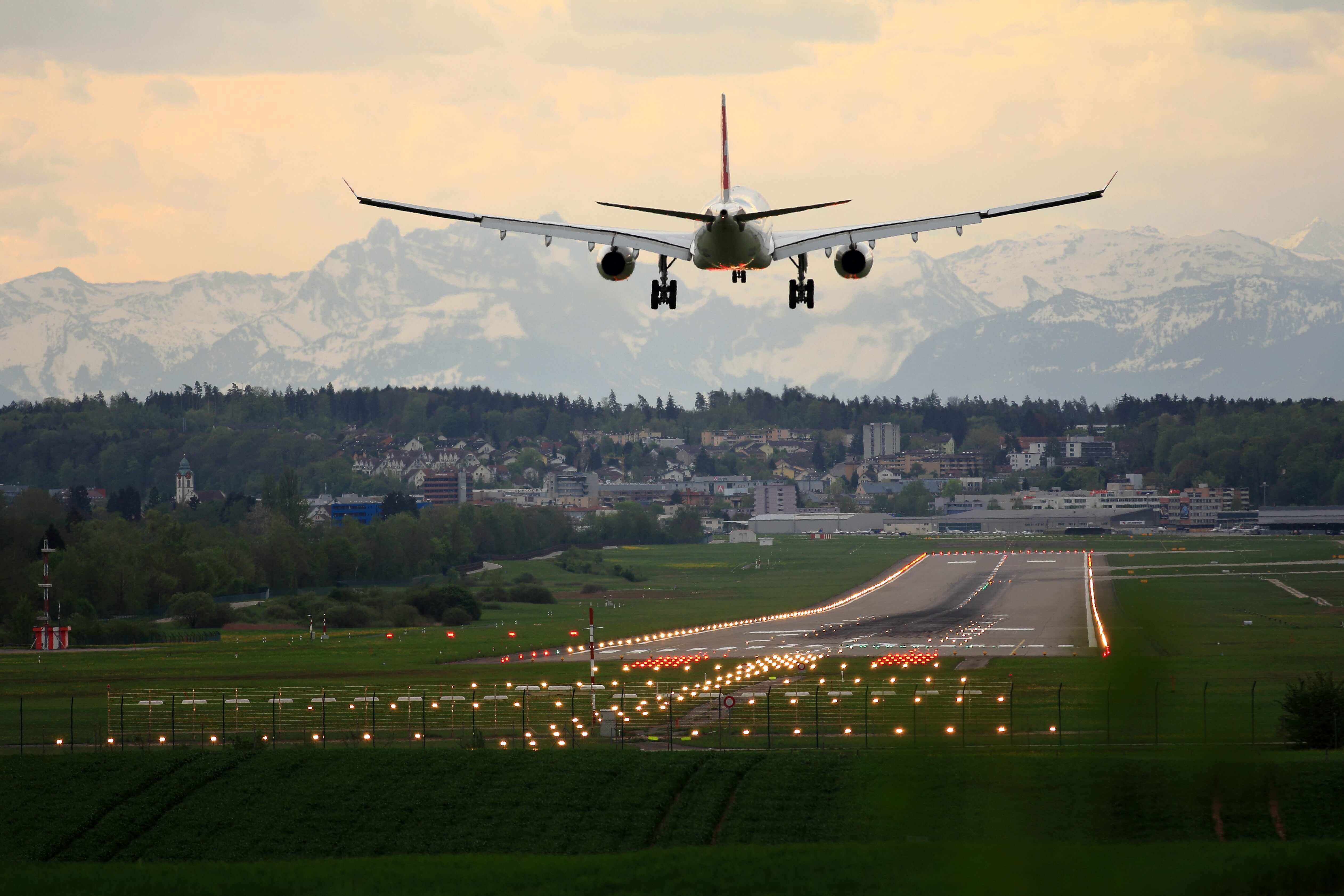Inmarsat, the firm whose satellites helped track the final route of missing Malaysian Airlines airliner MH370, confirmed that it would offer a basic free tracking service to passenger airlines globally.
As a reminder, the offer follows the case of Malaysia Airlines flight MH370, which disappeared without trace on 8 March. It was very brief electronic “pings” from Inmarsat equipment on the lost plane that prompted investigators to look for wreckage in the Indian Ocean.
Inmarsat say that the free service they are offering would carry definitive positional information. This service would see a plane, determine its location using GPS and then transmit that data – together with a heading, speed and altitude – over Inmarsat’s global network of satellites every 15 minutes.
The company said on Monday that the service would be offered to all 11,000 commercial passenger aircrafts which are already equipped with Inmarsat satellite connection, comprising virtually 100 percent of the world's long haul commercial fleet.
Rupert Pearce, chief executive of Inmarsat, said: "We welcome and strongly support ICAO's decision to place the delivery of next-generation aviation safety services at the heart of the industry's agenda at its meeting on 12 May. Inmarsat has been providing global aviation safety services for over 20 years and we are confident that the proposals we have presented to ICAO and IATA (International Air Transport Association) represent a major contribution to enhancing aviation safety services on a global basis. In the wake of the loss of MH370, we believe this is simply the right thing to do.”

Inmarsat senior vice-president Chris McLaughlin told BBC News.“Our equipment is on 90% of the world’s wide-body jets already. This is an immediate fix for the industry at no cost to the industry.”
If the system is used, Inmarsat would cover any required costs to upgrade its network to support the service. However, airlines would still have to cover the cost of additional hardware—and its installation. This is needed to periodically transmit their aircrafts' position, speed and altitude. Inmarsat doesn't sell that equipment.
Commercial jets are currently tracked using mainly ground-based radar. Calls to use additional systems intensified after the crash of Air France 447 in the Atlantic Ocean in 2009, in which searchers quickly recovered some aircraft debris but needed nearly two years to locate the jet's so-called black boxes. Despite recommendations from aviation authorities, however, no changes were made to how jetliners are monitored.





